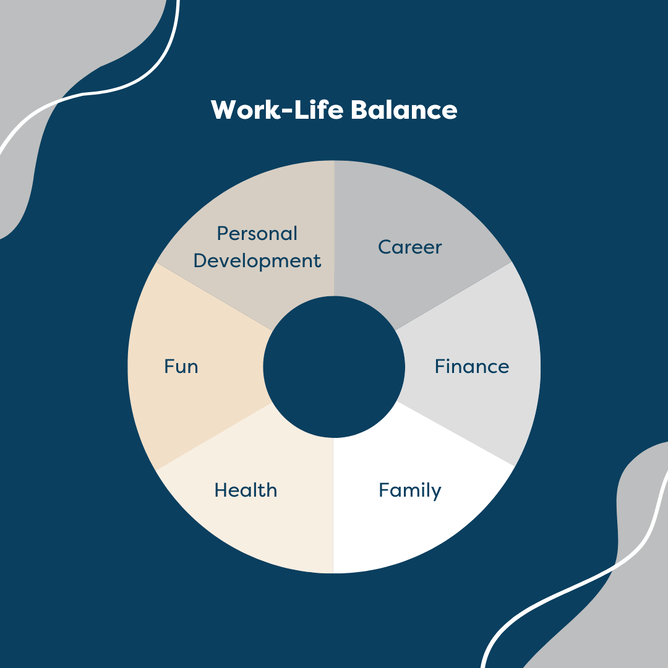Work-life balance is a crucial aspect of our lives, especially in today's fast-paced world where we are always connected and available. In New Zealand, there is a growing focus on work-life balance, with employers and employees alike recognizing the benefits of achieving this balance. In this blog post, we will explore the concept of work-life balance in New Zealand and the steps that can be taken to achieve it.
What is work-life balance?
Work-life balance refers to the ability to maintain a healthy balance between work commitments and personal or family responsibilities. It is about achieving a sustainable equilibrium between these two areas of life, where one does not encroach upon the other excessively.
Why is work-life balance important?
There are several reasons why work-life balance is essential. Firstly, it helps to prevent burnout, which can lead to physical and mental health issues, reduced productivity, and job dissatisfaction. Secondly, it allows individuals to pursue hobbies and interests outside of work, which can provide a sense of fulfillment and relaxation. Finally, it enables individuals to spend quality time with family and friends, which is critical for maintaining strong relationships.
Work-life balance in New Zealand
In New Zealand, work-life balance is becoming an increasingly important issue. According to the 2021 MYOB Business Monitor, 60% of employees believe that work-life balance is more critical than salary, and 82% of employers believe that it is essential to the success of their business.
The New Zealand government has also recognized the importance of work-life balance, with various policies and initiatives aimed at supporting employees in achieving it. For example, the government introduced the "Flexible Working Arrangements" legislation in 2011, which gives employees the right to request flexible working arrangements from their employers. This legislation has been beneficial for those with caring responsibilities, disabilities, or those who simply want to work outside of traditional hours.
Steps to achieve work-life balance in New Zealand
There are several steps that individuals and employers can take to achieve work-life balance in New Zealand. Here are a few suggestions:
Set realistic goals: It is essential to set realistic goals for both work and personal life. This means recognizing what is achievable within the given timeframe and prioritizing tasks accordingly.
Learn to say "no": It is okay to say "no" to work commitments that may compromise personal life or wellbeing. Setting boundaries and communicating them effectively with colleagues and employers is key to achieving work-life balance.
Prioritize self-care: It is essential to prioritize self-care, including exercise, healthy eating, and getting enough rest. This will help to maintain physical and mental wellbeing, which is critical for achieving work-life balance.
Take breaks: Taking breaks throughout the workday is essential to recharge and maintain focus. This could involve taking a walk, practicing mindfulness, or simply stepping away from the desk for a few minutes.
Utilize flexible working arrangements: If possible, consider utilizing flexible working arrangements, such as working from home or adjusting hours to accommodate personal commitments.
In conclusion, achieving work-life balance in New Zealand is crucial for maintaining physical and mental wellbeing, building strong relationships, and improving productivity. By setting realistic goals, prioritizing self-care, and utilizing flexible working arrangements, individuals and employers can work together to create a healthy and sustainable work-life balance.


